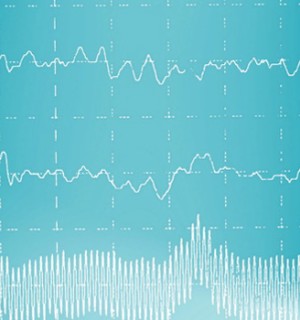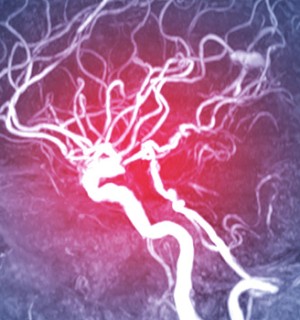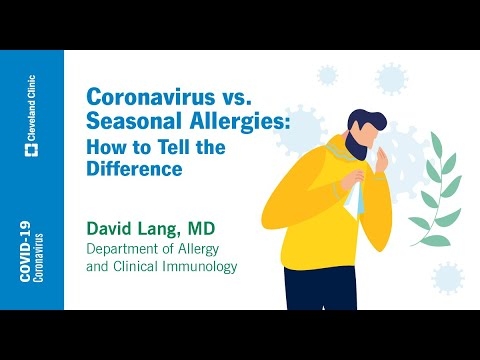A recent study published in the journal Stroke by the American Heart Association looks at the link between sleep and stroke risk among the elderly. Although this link has been studied before, this particular study is the first of its kind because it examined blood vessels from the autopsied brains of seniors who had been monitored for their sleep prior to death.
The study was headed by investigators from Rush University’s Alzheimer’s Disease Center and the Department of Neurological Sciences in Chicago. It was supported by the National Institutes of Health, Canadian Institutes of Health Research, and Canada’s Heart and Stroke Foundation.
315 autopsied brains were studied. The average age of all participants was 90 years, and about 70% of the participants were women. All of the participants had undergone at least a full week of consistent monitoring for rest and activity, including sleep quality. The participants in this study had sleep that was interrupted about seven times per hour. This is referred to as fragmented sleep.
In the study, 29% of the patients had suffered a stroke, and 61% showed signs of damage to blood vessels in the brain. The study’s results indicate that seniors who sleep poorly and wake often are more likely to have oxygen-starved brain tissue and hardened blood vessels. The investigators also found that fragmented sleep can increase the risk of atherosclerosis by 27%.
The study’s results were independent of other risk factors, such as hypertension, diabetes, and smoking history.
The leading investigator in the study, Andrew Lim, M.D., stated that there is more than one way to view the findings. For example, it may be that sleep fragmentation can impair blood circulation of the brain, or that poor circulation can lead to sleep fragmentation. There can also be currently unknown underlying risk factors. More research is needed.



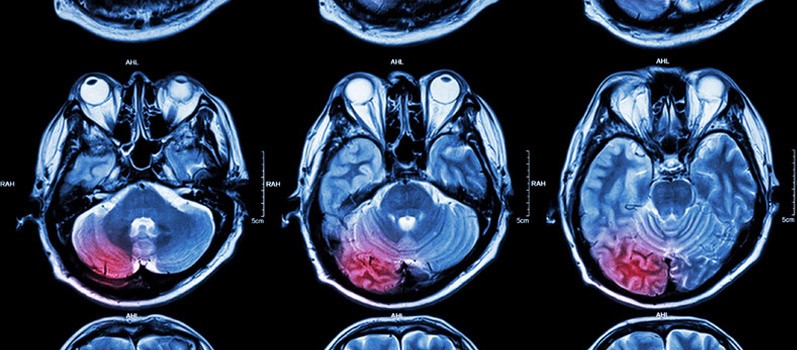


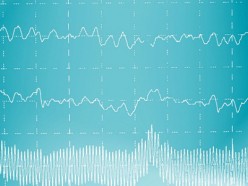
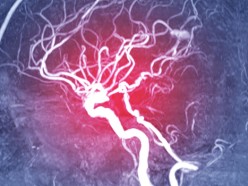


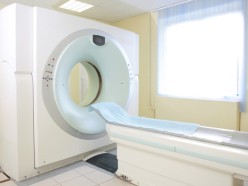



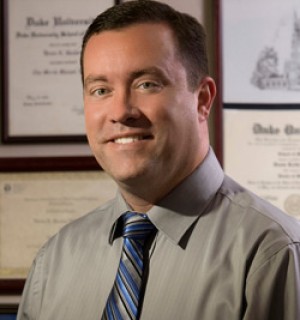


.jpg&w=300&h=320)
.jpg&w=300&h=320)
.jpg&w=300&h=320)

